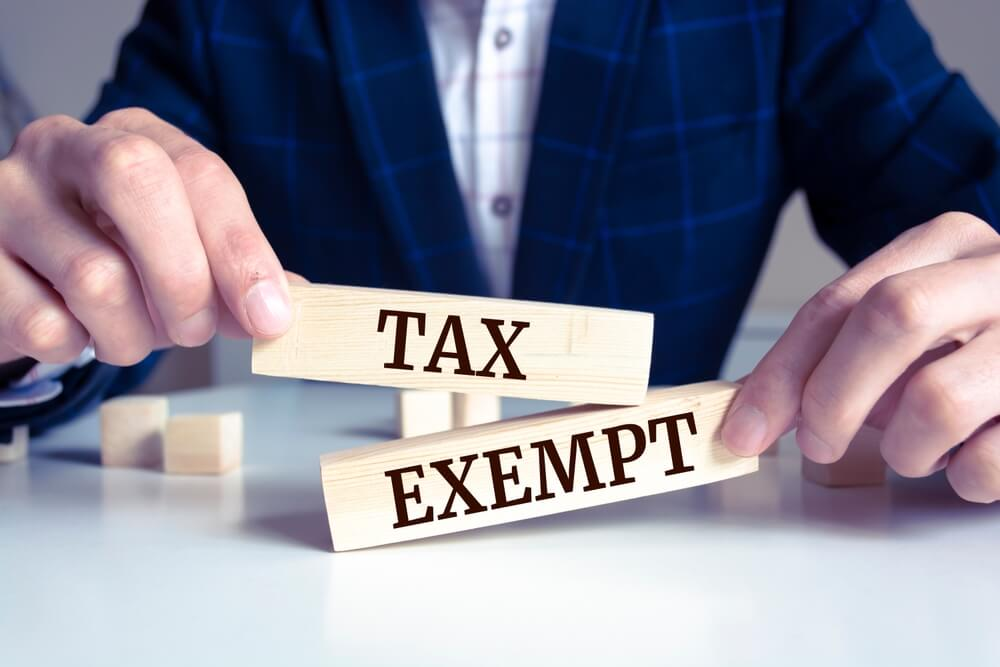What is GST and which businessmen get exemption from GST?
If the turnover is less than Rs 40 lakh, they are eligible for GST exemption in business.
Annual turnover is less than Rs 1.5 crore, they can avail of the benefit of the composition scheme under GST.
You may have to pay a fine for doing business without GST registration.
GST, or Goods and Services Tax, is a value-added tax levied on most goods and services sold for domestic consumption. It is a comprehensive tax that applies to the manufacture, sale, and consumption of goods and services throughout India. The GST system in India was implemented on July 1, 2017, and replaced many indirect taxes that were previously levied by the central and state governments.
Under the GST system, certain businesses are exempted from paying GST. These include small businesses with annual turnover less than a certain limit set by the government. Additionally, certain essential goods and services such as health care, education, and basic food items may also be exempted from GST. The purpose of this exemption is to ensure that the burden of taxation does not fall disproportionately on low-income individuals and that essential goods and services remain affordable for all.
Businesses that qualify for exemption from GST must still follow certain rules and reporting requirements to ensure that they are eligible for the exemption. They must also keep detailed records of their transactions and sales to demonstrate that they are eligible for the exemption. Overall, the GST system aims to streamline the taxation process and create a more transparent and efficient tax system for businesses and consumers.
क्या है जीएसटीऔर किन कारोबारियों को मिलती है जीएसटी से छूट?
टर्नओवर 40 लाख रुपये से कम है, उन्हे कारोबार में जीएसटी छूट की मान्यता प्राप्त है।
सालाना टर्नओवर 1.5 करोड़ रुपये से कम है, वे जीएसटी के तहत कंपोजीशन योजना का लाभ उठा सकते हैं।
जीएसटी रजिस्ट्रेशन के बिना बिजनेस करने पर जुर्माना भरना पड़ सकता है।
जीएसटी, या वस्तु एवं सेवा कर, एक मूल्य वर्धित कर है जो घरेलू उपभोग के लिए बेची जाने वाली अधिकांश वस्तुओं और सेवाओं पर लगाया जाता है। यह एक व्यापक कर है जो पूरे भारत में वस्तुओं और सेवाओं के निर्माण, बिक्री और उपभोग पर लागू होता है। भारत में जीएसटी प्रणाली 1 जुलाई, 2017 को लागू की गई थी और इसने कई अप्रत्यक्ष करों को प्रतिस्थापित कर दिया था जो पहले केंद्र और राज्य सरकारों द्वारा लगाए गए थे।
जीएसटी प्रणाली के तहत, कुछ व्यवसायों को जीएसटी का भुगतान करने से छूट दी गई है। इनमें सरकार द्वारा निर्धारित एक निश्चित सीमा से कम वार्षिक कारोबार वाले छोटे व्यवसाय शामिल हैं। इसके अतिरिक्त, कुछ आवश्यक वस्तुओं और सेवाओं जैसे स्वास्थ्य देखभाल, शिक्षा और बुनियादी खाद्य पदार्थों को भी जीएसटी से छूट दी जा सकती है। इस छूट का उद्देश्य यह सुनिश्चित करना है कि कराधान का बोझ कम आय वाले व्यक्तियों पर असंगत रूप से न पड़े और आवश्यक वस्तुएं और सेवाएं सभी के लिए सस्ती रहें।
जो व्यवसाय जीएसटी से छूट के लिए अर्हता प्राप्त करते हैं, उन्हें यह सुनिश्चित करने के लिए अभी भी कुछ नियमों और रिपोर्टिंग आवश्यकताओं का पालन करना होगा कि वे छूट के लिए पात्र हैं। उन्हें यह प्रदर्शित करने के लिए अपने लेनदेन और बिक्री का विस्तृत रिकॉर्ड भी रखना होगा कि वे छूट के लिए पात्र हैं। कुल मिलाकर, जीएसटी प्रणाली का लक्ष्य कराधान प्रक्रिया को सुव्यवस्थित करना और व्यवसायों और उपभोक्ताओं के लिए अधिक पारदर्शी और कुशल कर प्रणाली बनाना है।
#GST #goods_and_services_tax #businessmen #consumers #small_businesses #GSTexemption #business # GSTregistration #GSTsystem #tax #indirect_taxes #central_governments #state_governments #india #airrnews

